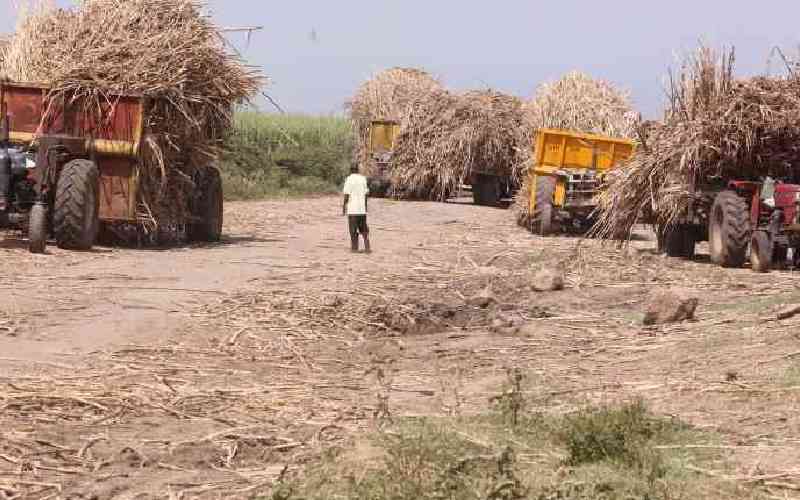×
The Standard e-Paper
Home To Bold Columnists

Questions abound over the future of sugarcane farming in Western Kenya after the Agriculture and Food Authority (AFA) last week suspended cane milling for three months.
It was an announcement that caught many by surprise, given that cane farming in the region is the source of livelihood for hundreds of families.